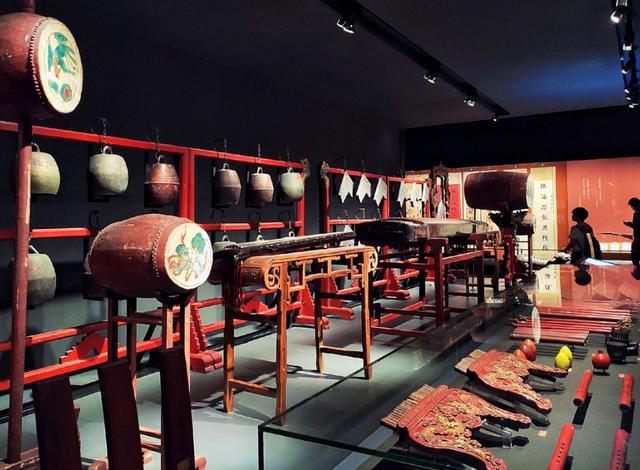形容词可以来修饰名词吗(起形容词作用的名词)
Nouns that act like Adjectives
每日更新。恳请关注我。我也会尽快关注您。

Question 问
Is the word 'garden' an adjective when used in the sentence, "I walked to the garden wall"?
在I walked to the garden wall这个句子中,garden这个词是形容词吗?
Answer 答
A noun is a person, place, or thing. An adjective is a word that describes a noun.
名词是指人、地点或事物。形容词是描述名词的词。
In the sentence "There was an ugly duckling" the adjective "ugly" describes or modifies the noun "duckling."
在"There was an ugly duckling" (“有一只丑小鸭”)这句话中,形容词“ugly”描述或修饰名词“duckling”。
Many nouns can be used to modify other nouns, just like adjectives modify nouns. Look at these noun-noun pairs: wine glass, city street, coat closet, book fair, and business meeting.
许多名词可以用来修饰其他名词,就像形容词修饰名词一样。看看这些名词-名词对:酒杯、城市街道、衣帽间、书展和商务会议。
In the "garden wall" example, even though 'garden' is modifying 'wall' it is still a noun.
在“garden wall”的例子中,尽管“garden”修饰了“wall”,但它仍然是一个名词。
But if a noun can do what an adjective does, why don’t we just call it an adjective? Because nouns that modify other nouns can't actually do everything that adjectives do. They are still nouns, but when they modify other nouns we call them attributive nouns. Attributive means "joined directly to a noun in order to describe it."
但如果名词能做形容词能做的事,我们为什么不直接称它为形容词呢?因为修饰其他名词的名词实际上不能做形容词所做的一切。它们仍然是名词,但当它们修饰其他名词时,我们称它们为定语名词。定语的意思是“为了描述一个名词而直接连在一起”。
Attributive nouns can't do two things that adjectives can do:
First, most adjectives have comparative (-er/more) and superlative (-est/most) forms.
定语名词不能做形容词能做的两件事:
首先,大多数形容词有比较级(-er/more)和最高级(-est/most)。
There was an uglier duckling.
有一只更丑的小鸭子。
They saw the ugliest duckling.
他们看到了最丑的小鸭子。
This duck is rounder than the others.
这只鸭子比其他的更圆润。
This is the roundest duck.
这是最圆润的鸭子。
But attributive nouns do not have comparative and superlative forms. You can't say "It was a booker fair than the last one" or "It was the most book fair I've ever been to."
但是定语名词没有比较级和最高级形式。你不能说“It was a booker fair than the last one”或者“It was the most book fair I've ever been to.”。
Second, adjectives can often come after the noun they modify.
第二,形容词可以出现在所修饰的名词后面。
The duckling was ugly.
这只小鸭很丑。
Attributive nouns must come before the noun the modify.
定语名词必须出现在修饰词名词之前。
You can say "there was a garden wall" but never "the wall was garden."
你可以说“有一堵花园墙”,但绝不可以说“墙就是花园”。
,免责声明:本文仅代表文章作者的个人观点,与本站无关。其原创性、真实性以及文中陈述文字和内容未经本站证实,对本文以及其中全部或者部分内容文字的真实性、完整性和原创性本站不作任何保证或承诺,请读者仅作参考,并自行核实相关内容。文章投诉邮箱:anhduc.ph@yahoo.com






